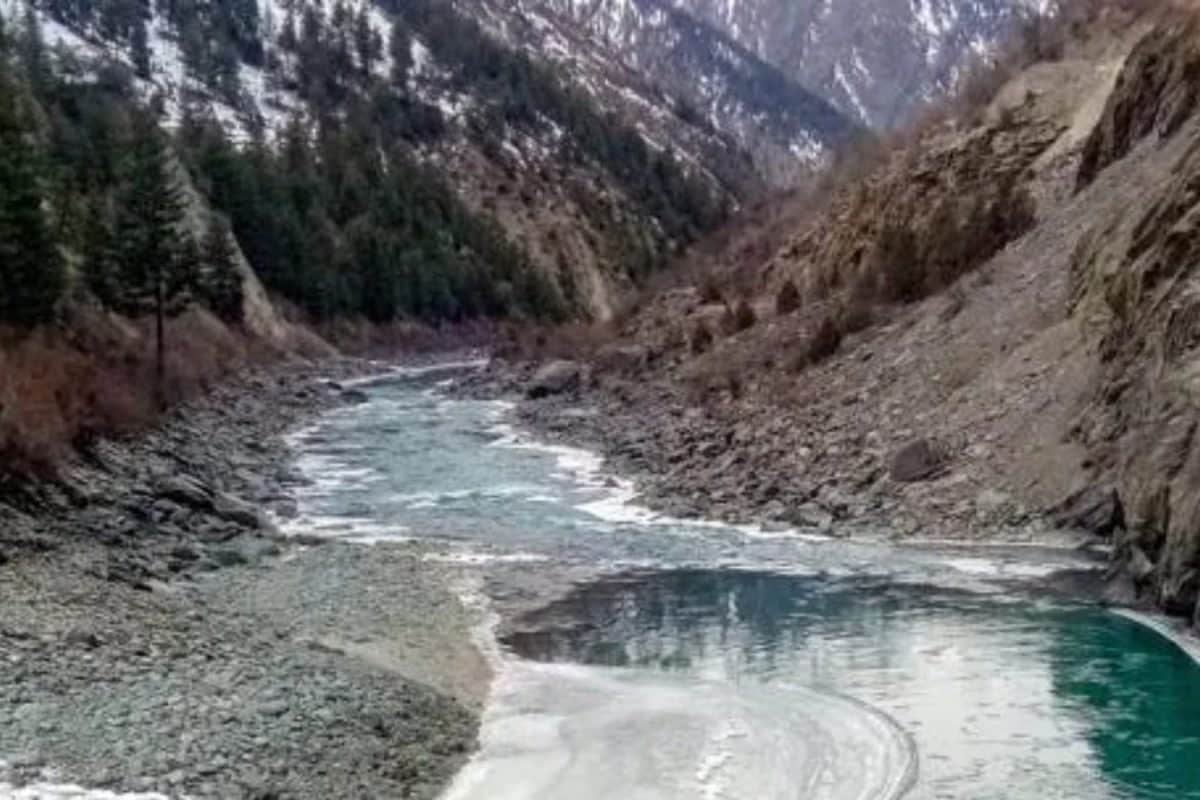

India's decision to put the Indus Waters Treaty (IWT) in abeyance following the Pahalgam attack on April 22, where 26 tourists were killed, marks a significant shift in its approach towards Pakistan. This move, while seemingly drastic, can be viewed as a well-calibrated step, considering the evolving geopolitical landscape and the need to address India's security concerns. The treaty, which has been a cornerstone of bilateral relations for over 60 years, has faced increasing scrutiny in recent years, particularly in the wake of repeated cross-border terrorist attacks.
Background and Rationale
The Indus Waters Treaty, signed in 1960, divides the six rivers of the Indus Basin between India and Pakistan. India received control of the three eastern rivers (Ravi, Beas, and Sutlej), while Pakistan received the three western rivers (Indus, Jhelum, and Chenab). While the treaty has survived wars and diplomatic breakdowns, the growing sentiment in India is that it has been overly generous to Pakistan, especially given the persistent issue of cross-border terrorism.
The decision to hold the treaty in abeyance is directly linked to Pakistan's alleged support for cross-border terrorism. External Affairs Minister S Jaishankar has stated that the suspension will remain in place "until Pakistan credibly and irreversibly ends cross-border terrorism". This stance reflects a hardening of India's position, linking water cooperation to security concerns. Prime Minister Narendra Modi has also reinforced this sentiment, stating that "blood and water cannot flow together".
Strategic Implications
Putting the IWT in abeyance gives India several strategic advantages. Firstly, it sends a strong signal to Pakistan that "business as usual" is not possible. By suspending the treaty, India is conveying its dissatisfaction with Pakistan's continued support for cross-border terrorism and its willingness to take decisive action. Secondly, it allows India greater flexibility in managing the waters of the Indus basin. While India does not have the capacity to completely block water flow to Pakistan, it can optimize the use of the western rivers for its own benefit. This includes carrying out "sediment flushing operations" from existing dams and potentially developing new infrastructure to increase its control over water flows. It also allows India to stop sharing water flow data. This could prove detrimental to Pakistan, especially during the monsoon season when rivers swell.
Legal and Diplomatic Considerations
While the IWT does not have a clause for unilateral suspension, India's move can be interpreted as a way to renegotiate the terms of the treaty. India had issued a notice to Pakistan in January 2023 to renegotiate its terms, citing climate change and national development needs. By putting the treaty in abeyance, India is signaling its intent to push for these renegotiations more forcefully.
However, this decision also carries diplomatic risks. Some experts warn that it could set a dangerous precedent in the region and could backfire on India. For instance, China could mirror India's move by blocking the Brahmaputra River, which supplies a significant portion of India's freshwater resources. It could also complicate India's efforts to frame itself as a reliable partner in other international negotiations.
Potential Impact on Pakistan
The suspension of the IWT could have significant consequences for Pakistan, which relies heavily on the Indus River system for its agriculture and water needs. Any disruption to this supply could trigger reduced crop yields, food insecurity, and further economic instability. Pakistan has already voiced strong opposition to the suspension, with some even suggesting that any disruption to its water supply would be considered an "act of war."
It is important to note that India has stated that keeping the treaty in abeyance does not mean blocking water to Pakistan. However, the uncertainty surrounding the future of the treaty and the potential for India to exert greater control over water flows could create significant challenges for Pakistan's water management and agricultural planning.
In conclusion, India's decision to put the Indus Waters Treaty in abeyance is a calculated move aimed at signaling its resolve to address cross-border terrorism and assert its water security interests. While it carries certain risks, it also presents an opportunity to renegotiate the treaty and establish a more equitable and secure framework for water sharing in the region. The effectiveness of this strategy will depend on how India manages the situation diplomatically and whether Pakistan takes credible steps to address India's concerns about terrorism.